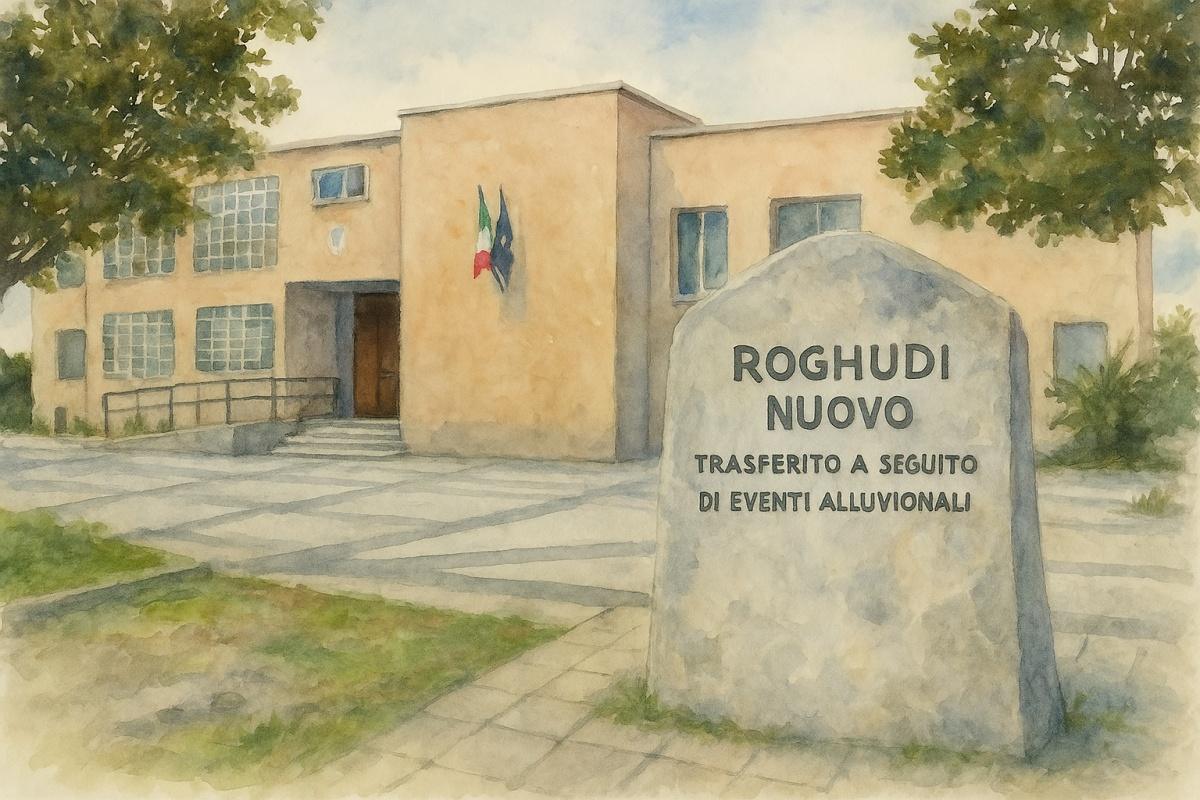On the Ionian coast of southern Calabria, not far from Melito di Porto Salvo and kissed by the sea breeze, lies Roghudi Nuovo, the administrative and living heart of the municipality of Roghudi. This modern town was founded between the 1970s and 1988 to house the population of Roghudi Vecchio, who had been forced to abandon their ancestral village due to landslides and floods.
Roghudi Nuovo is located on flat, secure terrain chosen for its greater geological stability and better living conditions compared to the mountainous and rugged location of the old center. Unlike its predecessor, it offers modern infrastructure and road access that support daily life and foster the settlement of new generations.
Despite its recent urban foundation, Roghudi Nuovo preserves a deep identity closely tied to Grecanic culture. The Calabrian Greek language — a legacy of ancient Greek — is still spoken and preserved as a symbol of collective memory. As part of the Grecanic Area, the town actively maintains oral traditions, religious rituals, and a strong connection to the land.
The village includes schools, public offices, and essential services, demonstrating a concrete commitment to sustaining a living community, even in a small rural reality. Agriculture, shepherding, and crafts remain the backbone of the local economy, while folk celebrations and religious festivals serve as moments of cultural transmission and communal life.
Roghudi Nuovo is not just a “new beginning” geographically — it is a symbol of resilience, where the past lives on in the language, customs, and stories of its people.
Roghudi Vecchio: The Ancient Village That Still Speaks
About 40 kilometers inland, nestled among the spectacular gorges of the Amendolea riverbed, stands Roghudi Vecchio, now uninhabited yet still deeply alive in the collective memory. The village was founded around the year 1050 in a panoramic and strategic location over 600 meters above sea level, offering protection and wide visibility, but also a harsh and demanding environment.
For centuries, Roghudi Vecchio was a central reference point for Grecanic culture: the Calabrian Greek dialect was spoken here, ancient rituals were observed, and legends, songs, and proverbs were passed down through generations. However, the floods and landslides of 1971 and 1973 rendered the village uninhabitable, leading to its gradual abandonment.
Today, Roghudi Vecchio is a place of silence and charm, a “ghost town” that attracts hikers, photographers, and history lovers. Its narrow alleyways, stone houses sculpted by time, and evocative rock formations like the Rocca del Drako and the Caldaie del Latte tell real and legendary stories that are part of Calabria’s collective imagination.
The two souls of Roghudi — the living and everyday reality of Roghudi Nuovo, and the ancient, suspended essence of Roghudi Vecchio — still coexist, connected by an invisible thread of memory, identity, and roots. Those who visit these places discover an authentic, resilient, and deeply human Calabria.



